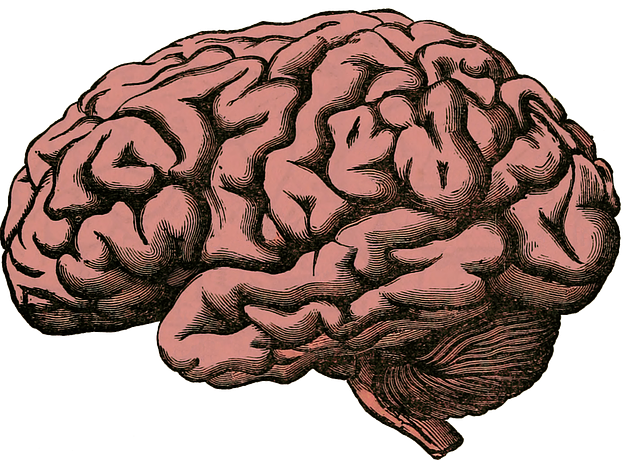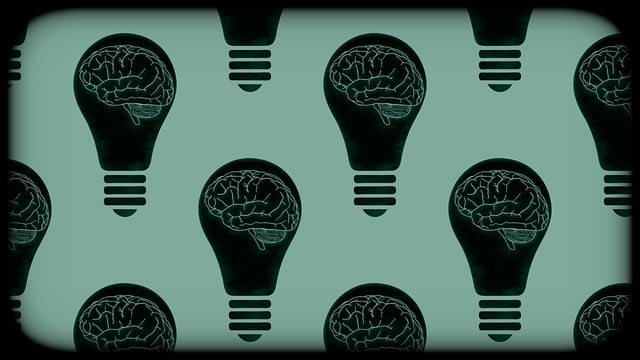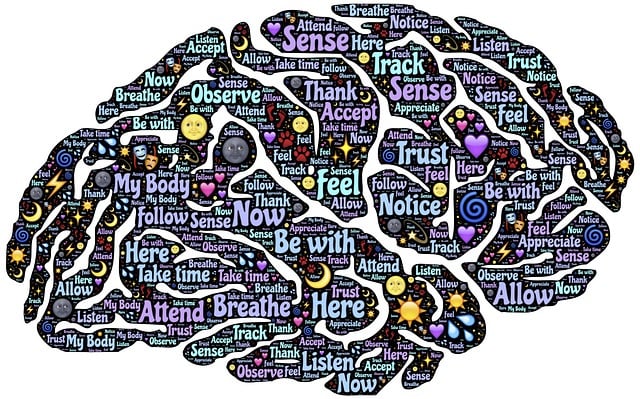Early interventions through stress management workshops are crucial for mitigating the impact of trauma on young children's development. These workshops, focused on normalizing emotional experiences, equip kids with healthy coping mechanisms and communication strategies through interactive sessions. By creating safe spaces, validating emotions, and teaching techniques like mindfulness and art therapy, these programs foster resilience and promote emotional well-being. Community outreach programs, tailored to specific trauma types prevalent in local communities, expand access to such therapeutic workshops, contributing to both individual healing and enhanced community resilience.
Stress management workshops play a vital role in facilitating therapy for young children trauma. This article delves into essential aspects of organizing such sessions, focusing on understanding the impact of stress and trauma on young minds. We explore designing workshop content that promotes healing, creating safe spaces, and implementing interactive techniques to engage and support children. By the end, you’ll be equipped with strategies to deliver effective therapy for young children trauma through workshops.
- Understanding Stress and Trauma in Young Children
- Designing Effective Workshop Content for Trauma Healing
- Creating a Safe and Supportive Workshop Environment
- Implementing Interactive Techniques for Engaging Young Minds
Understanding Stress and Trauma in Young Children

Stress and trauma can significantly impact young children’s development, making it crucial to implement early interventions. Workshops focused on stress management play a vital role in promoting emotional well-being promotion techniques for this vulnerable group. Many times, young kids face stressors related to their immediate environment, such as family dynamics or school pressures. These experiences can lead to long-lasting effects if not addressed properly.
Through interactive sessions, these workshops teach children healthy coping mechanisms and communication strategies, fostering social skills training. By equipping them with tools to recognize and manage stress, workshops contribute to a child’s overall resilience. The goal is to help young individuals understand their emotions, express them constructively, and develop effective ways to navigate challenging situations, ensuring they grow up to be emotionally balanced adults.
Designing Effective Workshop Content for Trauma Healing

When designing workshop content for trauma healing among young children, it’s crucial to create a safe and supportive environment that normalizes emotional experiences. Incorporate age-appropriate activities and stories that encourage expression while teaching healthy coping mechanisms. Emotional regulation techniques such as mindfulness exercises, breathing strategies, and creative outlets can help children process their feelings effectively. These methods not only promote emotional well-being but also equip them with tools to navigate future stressful situations.
Community outreach program implementation is essential for expanding access to such therapeutic workshops. By partnering with local schools, community centers, and healthcare providers, you can reach a wider audience including families facing trauma. Tailoring the workshop content to address specific trauma types prevalent in the target community ensures relevance and effectiveness. This holistic approach fosters not just individual healing but also strengthens the community’s resilience as a whole.
Creating a Safe and Supportive Workshop Environment

Creating a safe space is paramount when organizing stress management workshops, especially when catering to young children who may have experienced trauma. This environment should foster trust and encourage vulnerability, allowing participants to open up about their feelings and struggles. Through active listening, non-judgmental attitudes, and empathetic interactions, facilitators can build a supportive atmosphere. The goal is to help children feel understood, validating their emotions while guiding them towards healthy coping mechanisms.
Emotional healing processes are facilitated by ensuring every child feels seen and heard. Workshop activities should promote emotional regulation skills, helping young individuals manage stress and anxiety effectively. Additionally, incorporating exercises that focus on inner strength development can empower these children, teaching them resilience and self-soothing techniques. This nurturing environment sets the foundation for positive growth and transformation during and after the workshop.
Implementing Interactive Techniques for Engaging Young Minds

Incorporating interactive techniques into stress management workshops for young minds is a dynamic approach that captures their engaged attention and fosters learning. Therapy for young children with trauma often requires creative strategies to help them process and express their emotions effectively. Techniques like role-playing, storytelling, and art therapy not only make sessions more enjoyable but also provide valuable outlets for emotional release and communication. By encouraging active participation, these interactive methods boost confidence and promote mental wellness, essential components of a holistic stress management approach.
Furthermore, integrating these techniques aligns with the production of a Mental Wellness Podcast Series designed to support young audiences. Interactive workshops can serve as rich content sources, offering practical insights and engaging stories that resonate with listeners. This multimedia approach amplifies the impact of stress management education, making it more accessible and appealing to younger audiences who are developing their coping mechanisms and emotional intelligence.
Stress management workshops tailored for young children offer a promising approach to addressing trauma and enhancing their overall well-being. By combining education, interactive activities, and a safe space, these sessions can effectively equip kids with tools to manage stress and promote healing. Implementing the strategies outlined in this article—from understanding child psychology to creating engaging content—enables organizations to facilitate transformative experiences that positively impact young lives, providing a promising path forward for trauma therapy in children.














